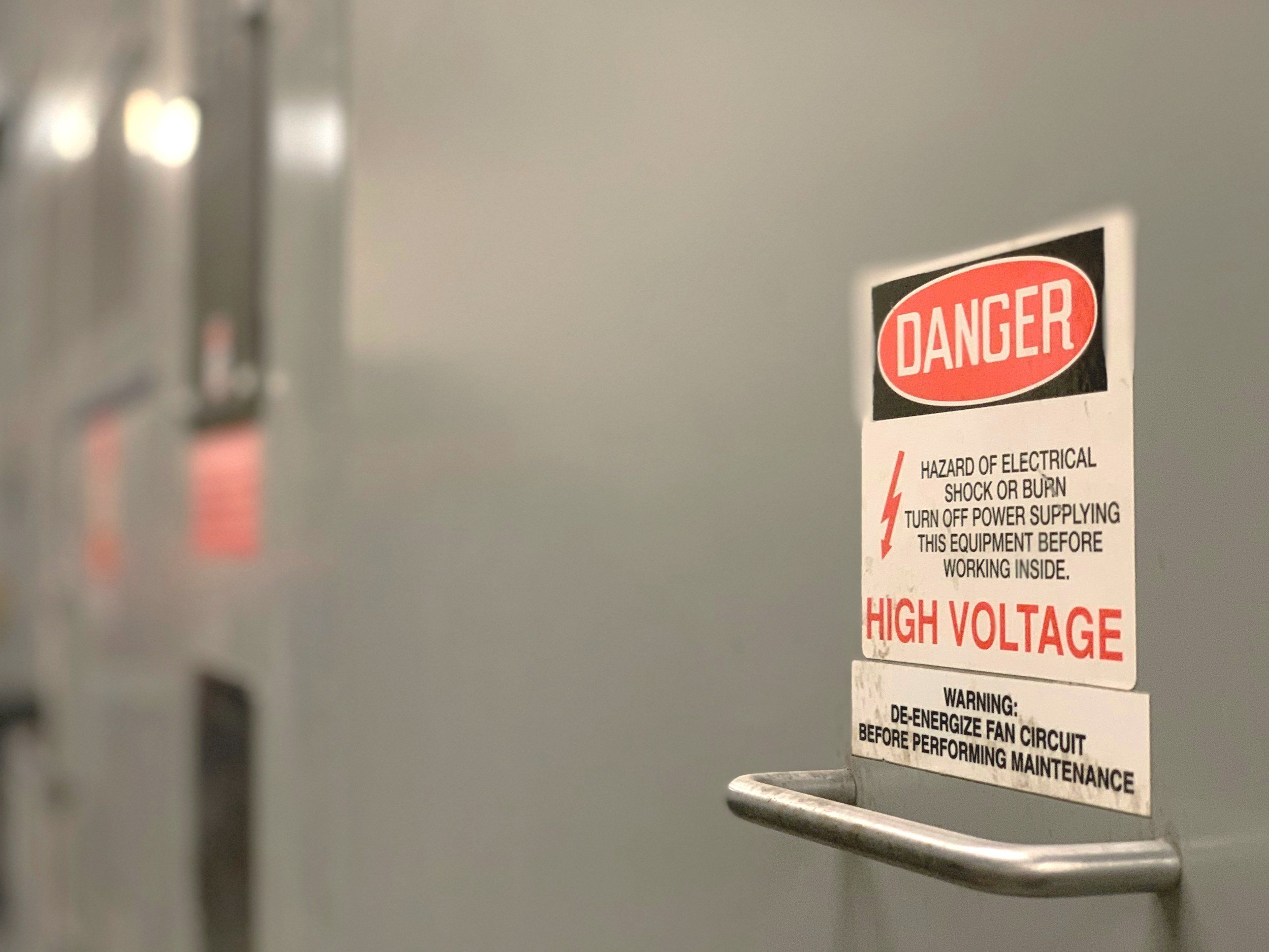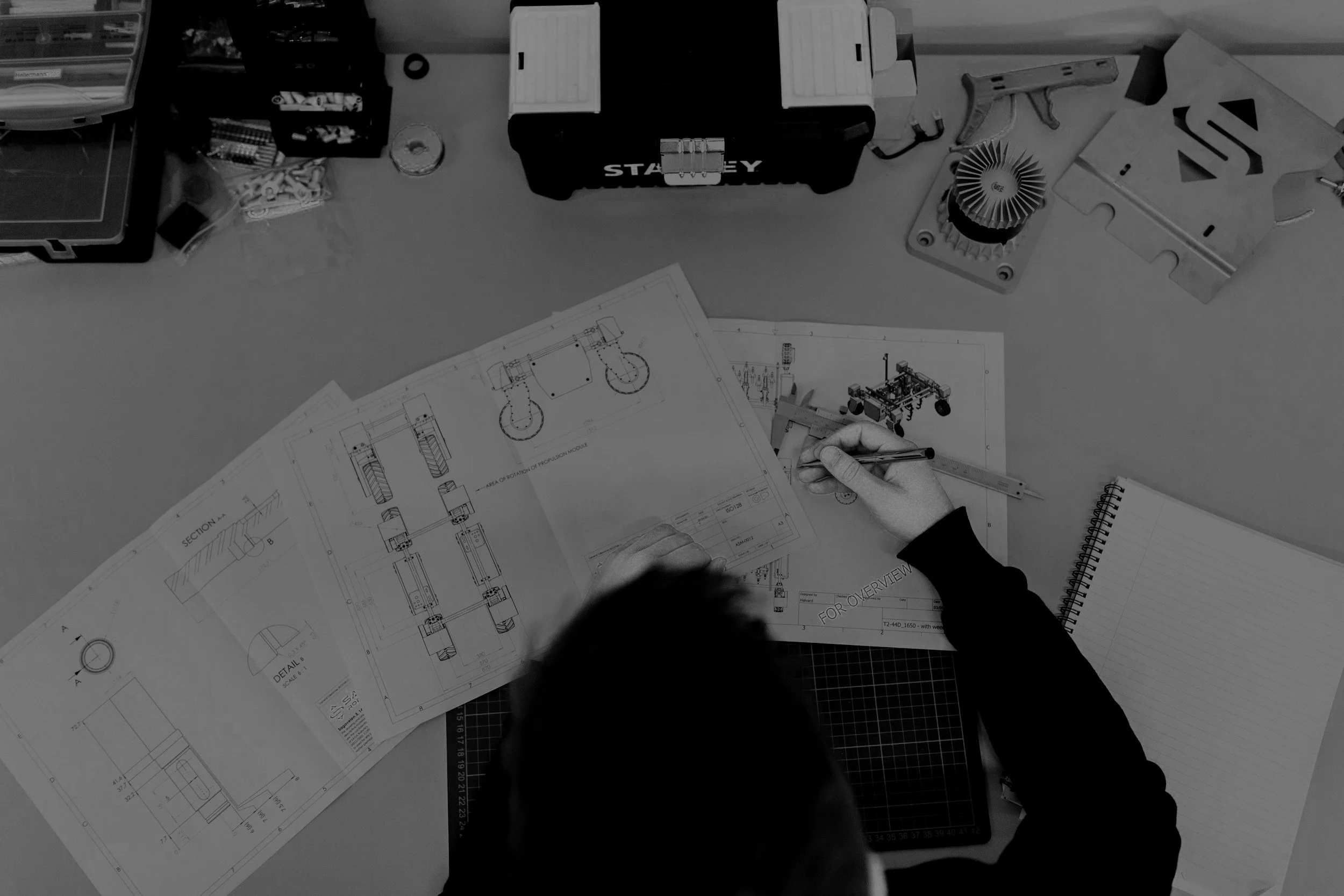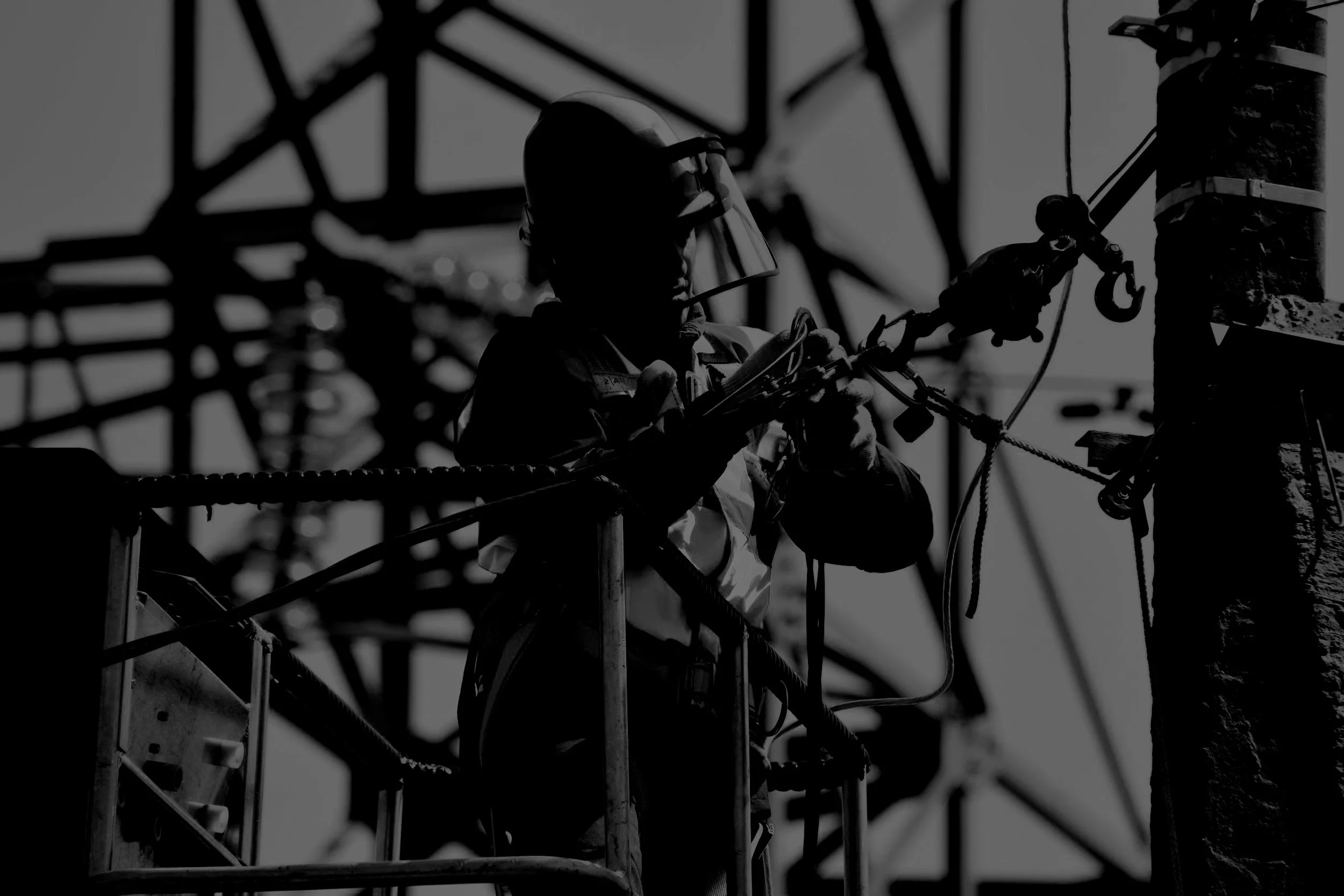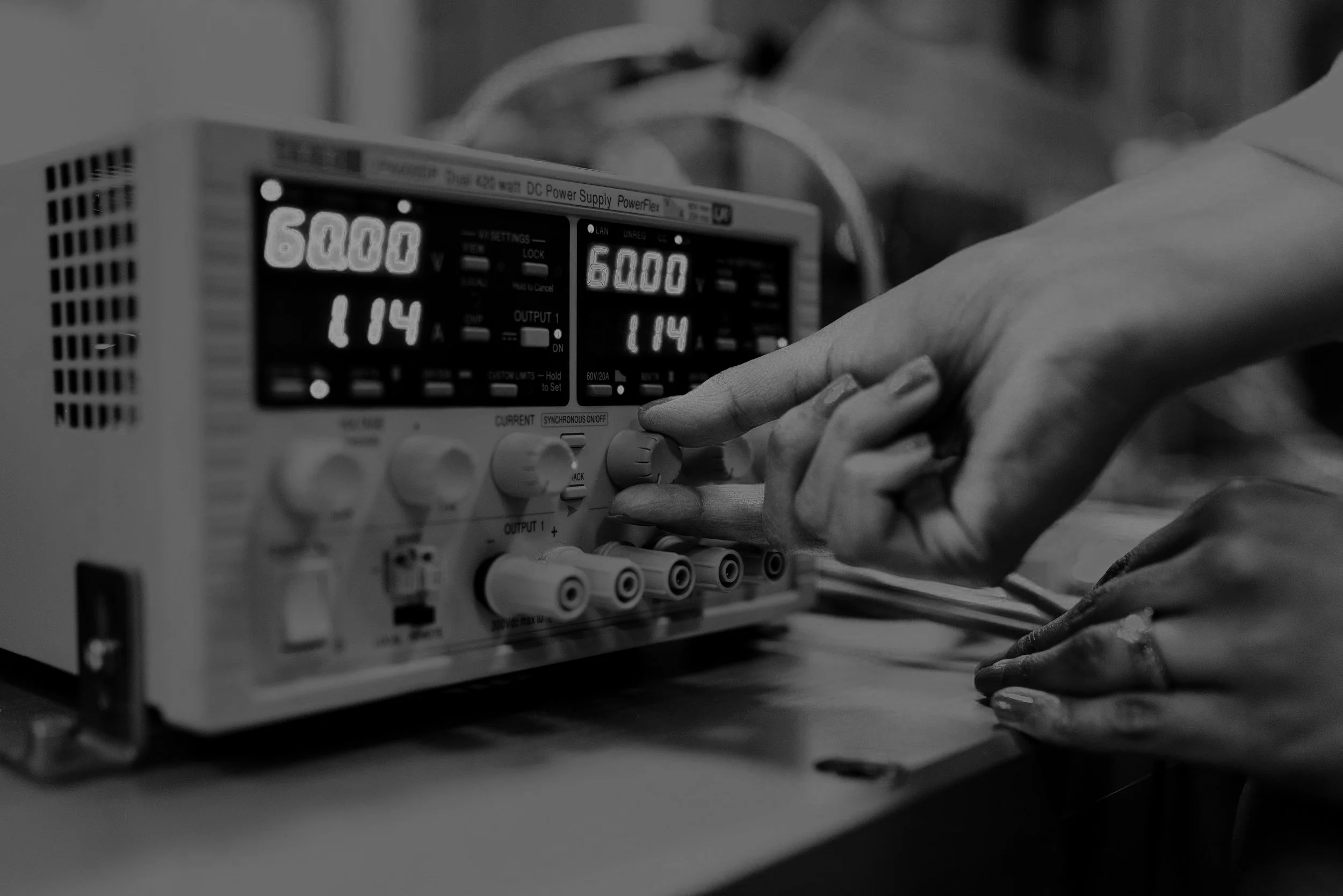ELECTRICAL CONSTRUCTION
We do industrial electric jobs with electrical systems in industrial settings such as factories, plants, and manufacturing facilities. Our team specializes in ensuring reliable and efficient power distribution while adhering to the highest safety standards. Whether it's routine maintenance, complex installations, or system upgrades, we provide tailored solutions that support the demanding needs of industrial operations
Industrial Electric Work
-
Responsible for installing, maintaining, and repairing electrical systems and equipment in industrial settings. This role requires knowledge of electrical codes, safety regulations, and the ability to troubleshoot and diagnose electrical issues.
-
Focuses on the maintenance and repair of electrical systems and machinery. This role involves routine inspections, preventive maintenance, and responding to breakdowns to ensure minimal downtime.
-
Specializes in the installation and maintenance of control systems used in industrial automation. This role requires knowledge of programmable logic controllers (PLCs), human-machine interfaces (HMIs), and other control devices.
-
Designs and develops electrical systems and components for industrial applications. This role involves creating electrical schematics, selecting appropriate components, and ensuring compliance with industry standards.
-
Works with instruments and control systems used to monitor and control industrial processes. This role involves calibrating, maintaining, and troubleshooting instruments to ensure accurate measurements and control.

Industrial Electric Work
refers to the electrical systems and installations used in industrial settings, such as factories, manufacturing plants, warehouses, power stations, and large-scale commercial buildings
-
Designing, installing, and maintaining power distribution systems that deliver electricity throughout the facility. This includes electrical panels, circuit breakers, transformers, and switchgear.
Ensuring safe and reliable power distribution to various machines, workstations, and lighting systems.
-
Motor Control Centers (MCCs): These are centralized units that control the operation of motors used to power machinery. Industrial electrical workers install and maintain MCCs.
Wiring for Motors: This includes wiring for heavy-duty equipment, such as conveyors, pumps, compressors, and other machinery.
-
Installing and maintaining lighting systems, both for general illumination and for specialized lighting in areas such as hazardous environments (e.g., explosion-proof lighting).
This also involves emergency lighting and exit signs to comply with safety standards.
-
Programmable Logic Controllers (PLCs): These are used for automating processes and controlling machinery. Electricians often program, install, and maintain PLC systems
SCADA Systems: Supervisory Control and Data Acquisition (SCADA) systems are used to monitor and control industrial processes remotely.
Industrial electricians work with control panels, sensors, and actuators to ensure systems are operating as intended.
-
Routine Maintenance: Ensuring that all electrical systems and equipment are running efficiently by performing regular checks, testing, and troubleshooting.
Repairs: Fixing malfunctioning systems and components, such as motors, transformers, circuit breakers, and wiring.
Troubleshooting: Identifying electrical faults and providing solutions to minimize downtime in industrial operations.
-
Installation and maintenance of safety systems, such as grounding, circuit protection devices (e.g., fuses, breakers), and emergency stop systems.
Ensuring electrical equipment complies with industry safety standards and regulations, such as OSHA (Occupational Safety and Health Administration) and NFPA (National Fire Protection Association) codes.
-
Working with high-voltage systems that supply large amounts of power to machinery and other industrial operations. This could include working with transformers, generators, and high-voltage circuit breakers
Maintenance of these systems requires specialized training and safety precautions due to the high risk involved.
-
Implementing energy-efficient solutions such as variable frequency drives (VFDs) to control motor speed and reduce energy consumption.
Ensuring industrial processes use energy in the most efficient way possible to lower operational costs and reduce environmental impact.
Our Types of Industrial Electrical Jobs
Electrical
Technician
Performs maintenance,
troubleshooting,
and installation of electrical systems
in industrial environments.
Designs and develops electrical systems, including power distribution networks, control systems, and automation for industrial applications.
Electrical
Engineer
Industrial
Electrician
Focuses on the installation
and repair of electrical systems
in factories, plants,
and other industrial settings.
Control
Systems
Specialist
Specializes in automating
industrial processes using PLCs, SCADA systems, and other control technologies.





